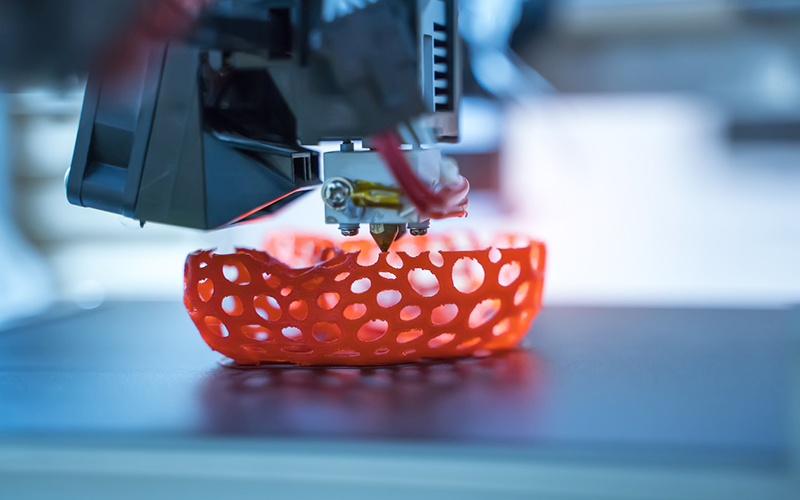Customised medicines could one day be manufactured to patients’ individual needs, with University of East Anglia (UEA) researchers investigating technology to 3D ‘print’ pills.
.
The team, including Dr Andy Gleadall and Prof Richard Bibb at Loughborough University, identified a new additive manufacturing method to allow the 3D printing of medicine in highly porous structures, which can be used to regulate the rate of drug release from the medicine to the body when taken orally.
.
Dr Sheng Qi, a Reader in Pharmaceutics at UEA’s School of Pharmacy, led the research. The project findings, ‘Effects of porosity on drug release kinetics of swellable and erodible porous pharmaceutical solid dosage forms fabricated by hot melt droplet deposition 3D printing’, are published today in the International Journal of Pharmaceutics . Dr Qi said: “Currently our medicines are manufactured in ‘one-size-fits-all’ fashion. “Personalised medicine uses new manufacturing technology to produce pills that have the accurate dose and drug combinations tailored to individual patients. This would allow the patients to get maximal drug benefit with minimal side effects. “Such treatment approaches can particularly benefit elderly patients who often have to take many different types of medicines per day, and patients with complicated conditions such as […]
Case Study: How PepsiCo achieved 96% cost savings on tooling with 3D Printing Technology
Above: PepsiCo food, snack, and beverage product line-up/Source: PepsiCo PepsiCo turned to tooling with 3D printing...





0 Comments